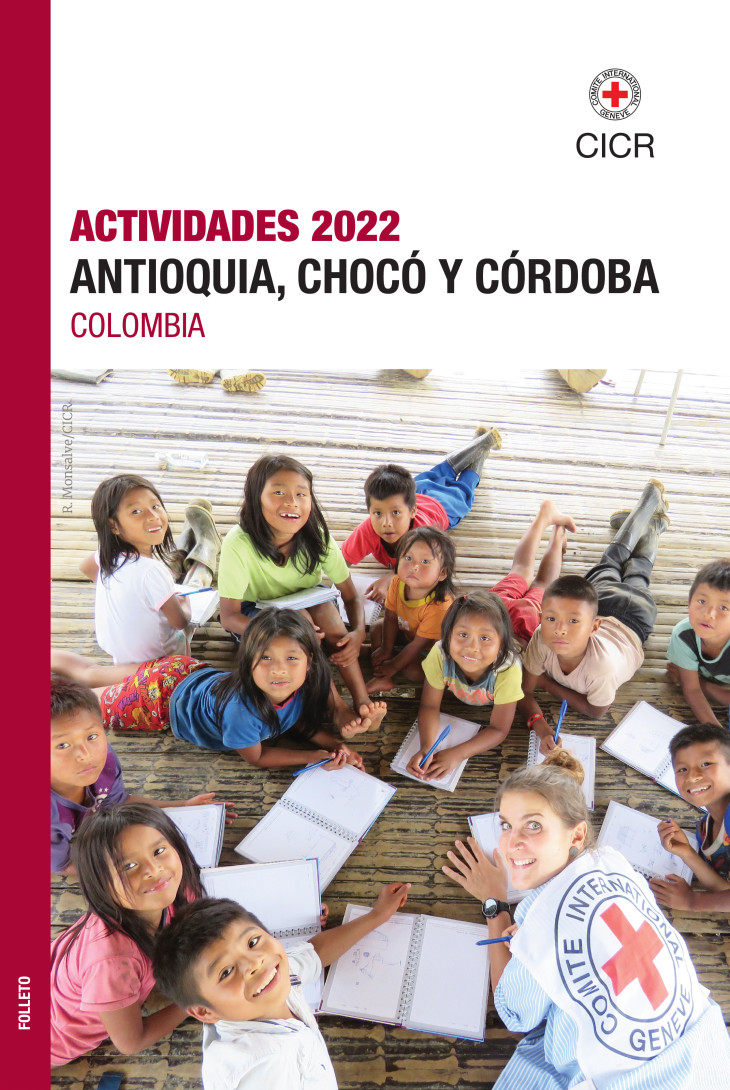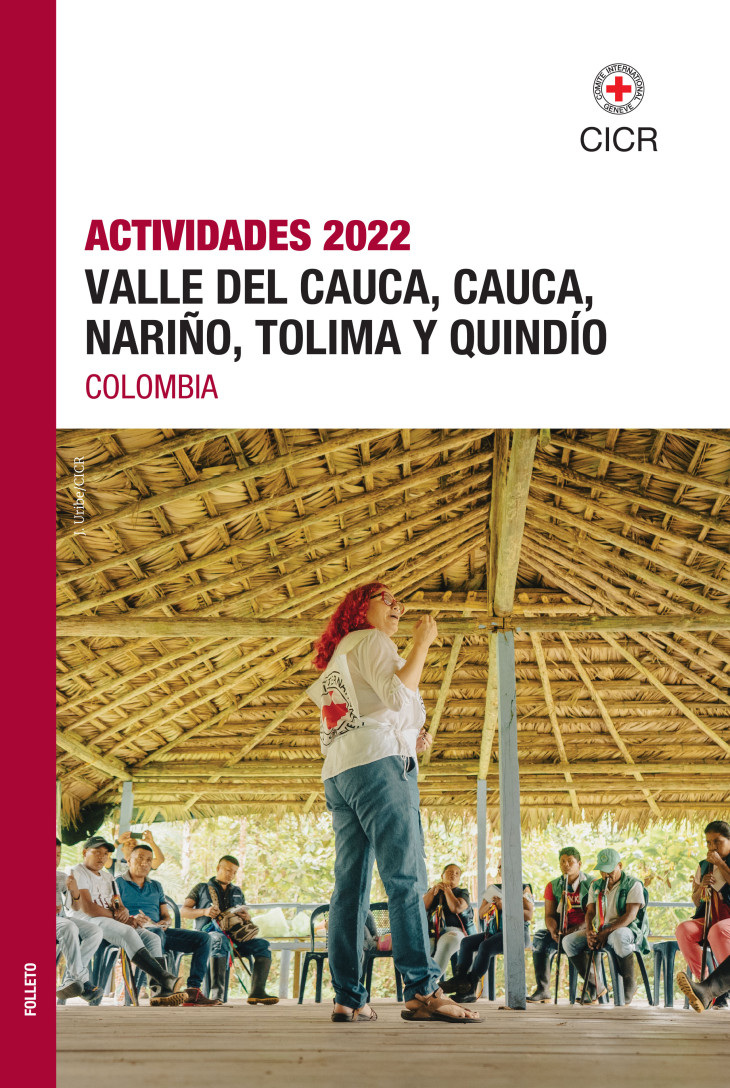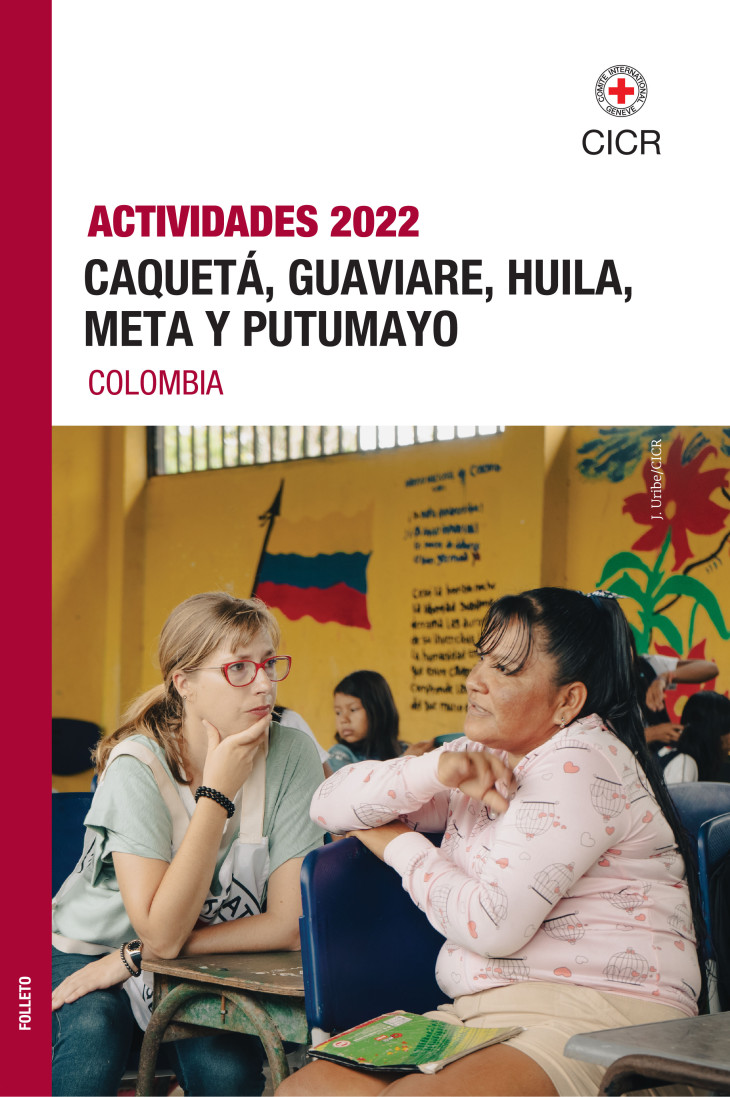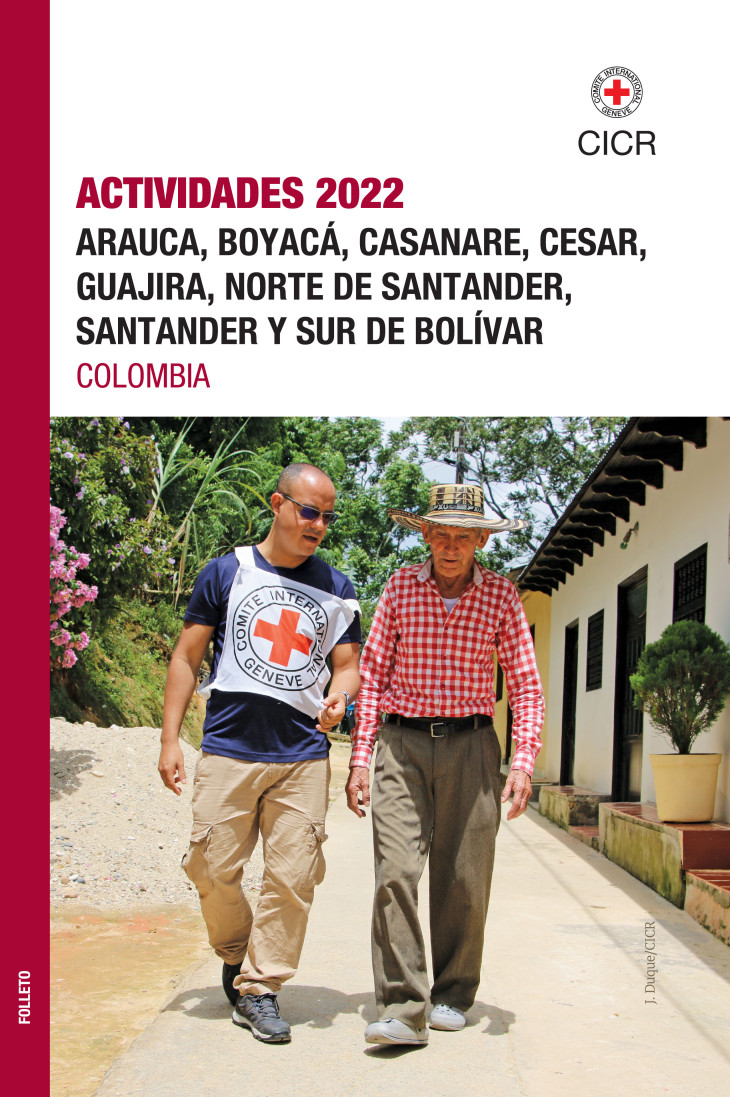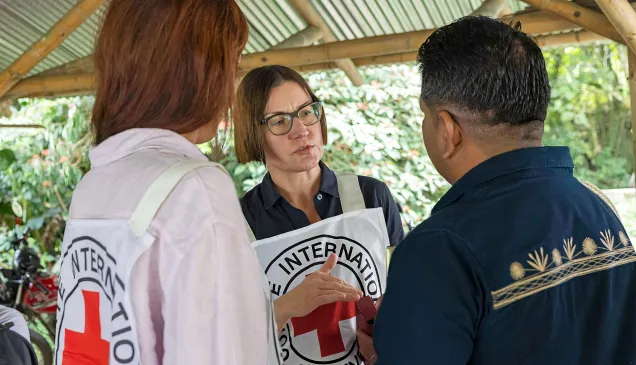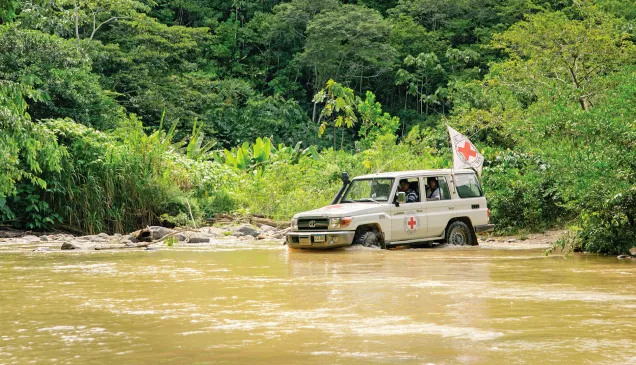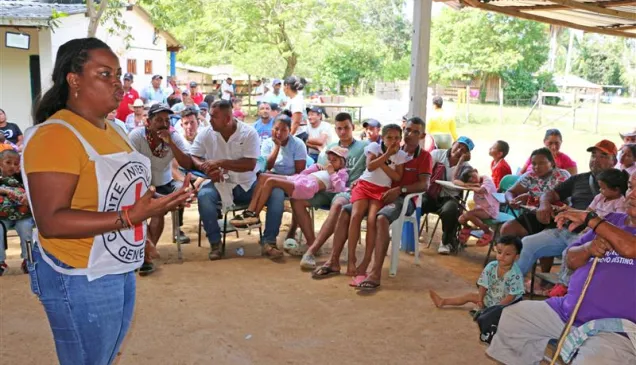Colombia: Humanitarian Challenges 2023
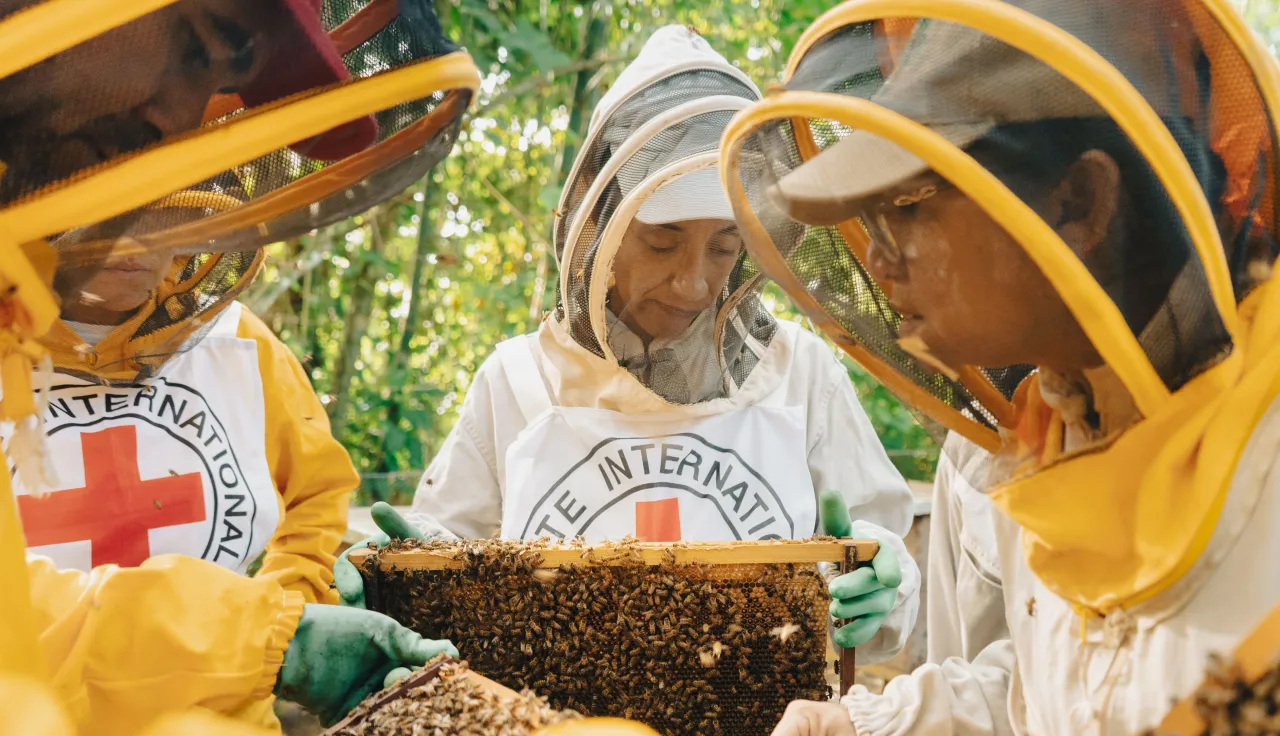
In Colombia, armed conflict and violence continues to have a deep impact on the civilian population. Many civilians have been wounded, killed or gone missing; relatives have been separated from their loved ones; communities have been confined or displaced; young children and teenagers have got involved with armed groups; and individuals are suffering from psychological distress, fear, anxiety and permanent uncertainty.
In several parts of the country, people are enduring indescribable suffering that is exacerbated when armed actors fail to uphold IHL rules and humanitarian principles.
In 2022, our field teams recorded 400 suspected breaches of IHL – some of them serious – and other humanitarian norms, of which more than half were homicides; threats; sexual violence; indiscriminate use of explosive weapons; recruitment, use and participation of young children and teenagers in hostilities; arbitrary detention; and cruel, inhuman or degrading treatment.
The importance of humanitarian action

Lorenzo Caraffi
Head of Delegation, Colombia
No matter where I am in the world, I am often asked how it is possible to remain neutral when confronted with the suffering of people affected by armed conflict.
It isn't easy. Every humanitarian worker can tell you a story of the dilemmas they face – again, pretty often – when they have to take decisions that will affect people's lives. Finding the sweet spot between the potential benefits and the potential risks is hard.
READ THE FULL EDITORIAL: THE IMPORTANCE OF HUMANITARIAN ACTION
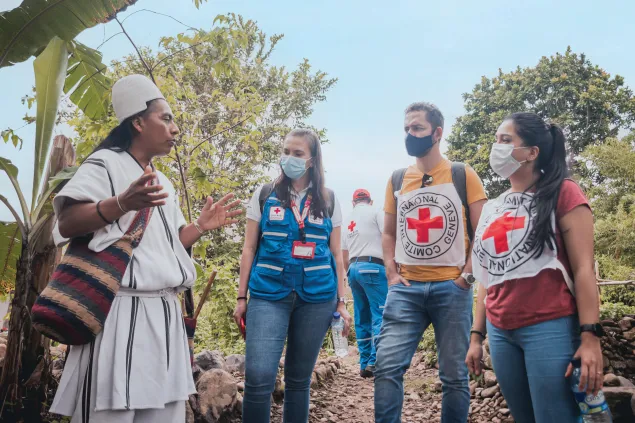
In 2022, our humanitarian work benefited 334,000 people. This figure represents a continual effort by our teams in the field to help those most affected by armed conflict and violence, often in cooperation with the Colombian Red Cross.</h2>
The constant threat of explosive hazards
Explosive hazards continue to have serious effects on the population, such as confinement, displacement, psychological issues and anxiety. Although these issues leave fewer visible scars than others, they are just as serious, since they can turn people's lives upside down.
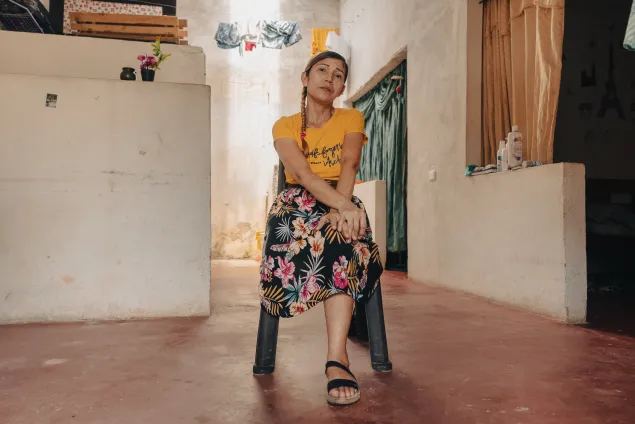
86 survivors received wheelchairs, prostheses or another form of physical rehabilitation support.
Unending uncertainty
To not know whether a loved one is dead or alive, what has happened to them or where they are was the painful reality for hundreds of Colombian families last year. People continue to go missing in relation to the armed conflicts and violence in the country, leaving scars that will take a long time to heal.
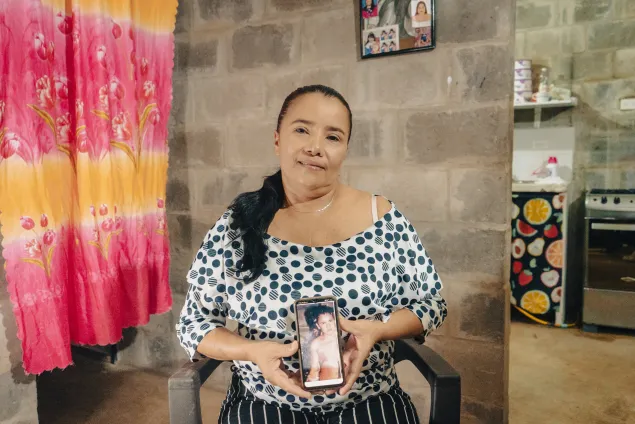
183 relatives of missing people received information about where their loved ones were, thanks to our support. Of these, 118 people were found alive.
Health in the midst of conflict
Attacks on health workers were particularly serious last year in the areas hardest hit by the armed conflicts and add to the many hardships generated already by the violence endured by the civilian population in those areas.
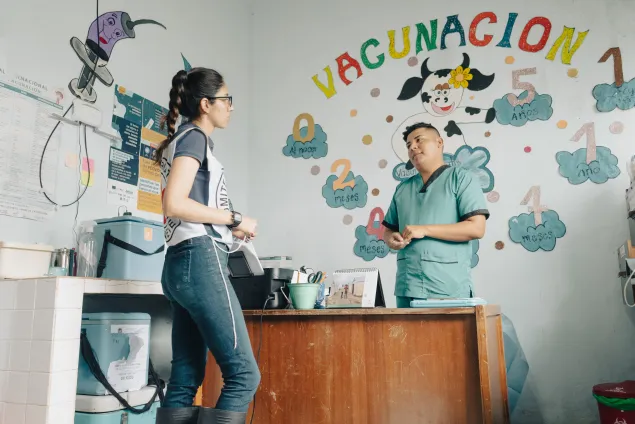
54 health care facilities received medicines and medical supplies, which helped provide emergency care to around 171.500 people, including migrants.
Overcrowding in temporary detention centres getting worse
The state of the Colombian prison system continued to put the fundamental rights of people deprived of their liberty at risk.
READ MORE: OVERCROWDING IN TEMPORARY DETENTION CENTRES GETTING WORSE
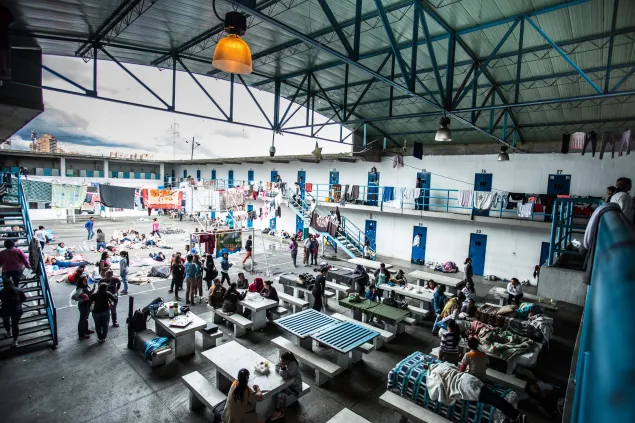
31.828 detainees were visited in 40 visits and 11 places of detention.
Releases: A reflection of our role as neutral intermediary
In 2022, we handled the release of 63 people who had been in the hands of various armed actors. This is one of the highest figures in recent years. Irrespective of the number of times we take part in these strictly humanitarian operations, every time someone is reunited with their loved ones it is deeply gratifying for us.
READ MORE: RELEASES: A REFLECTION OF OUR ROLE AS NEUTRAL INTERMEDIARY
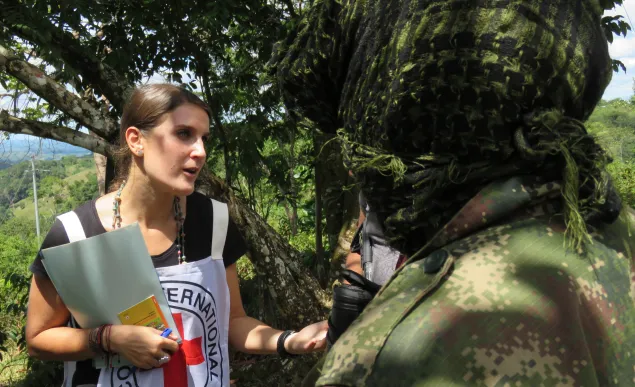
63 people being held by non-state armed groups were released in humanitarian operations that we facilitated.
Colombia: Stories from the field
Find in this section some of the stories we documented during 2022 in Colombia. Each testimony is part of a specific action we develop with the communities, in the four sub-delegations we have a presence.
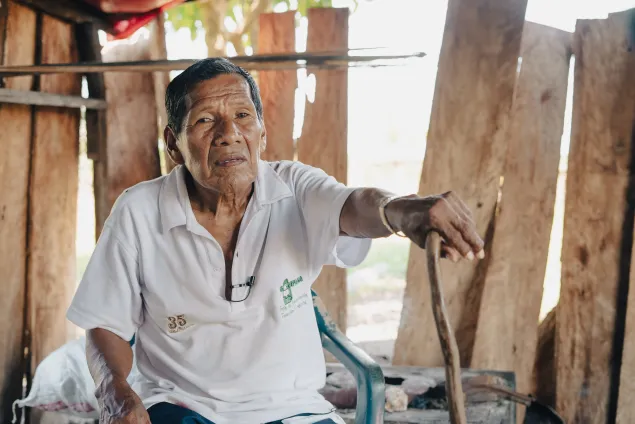
41.495 people benefited from better sanitation, access to water and facilities in schools, and health centers.
Calls to action from ICRC to Colombia in 2023
The reality of Colombians living in the midst of armed conflicts and violence continues to be complex. For this reason, through these recommendations, we want to send a message to state authorities, armed actors, and civil society.
Media contact information:
Laura Santamaría, ICRC, Bogota
Communication Manager
Phone: +57 311 4910789
email: lsantamariabuitrago@icrc.org

